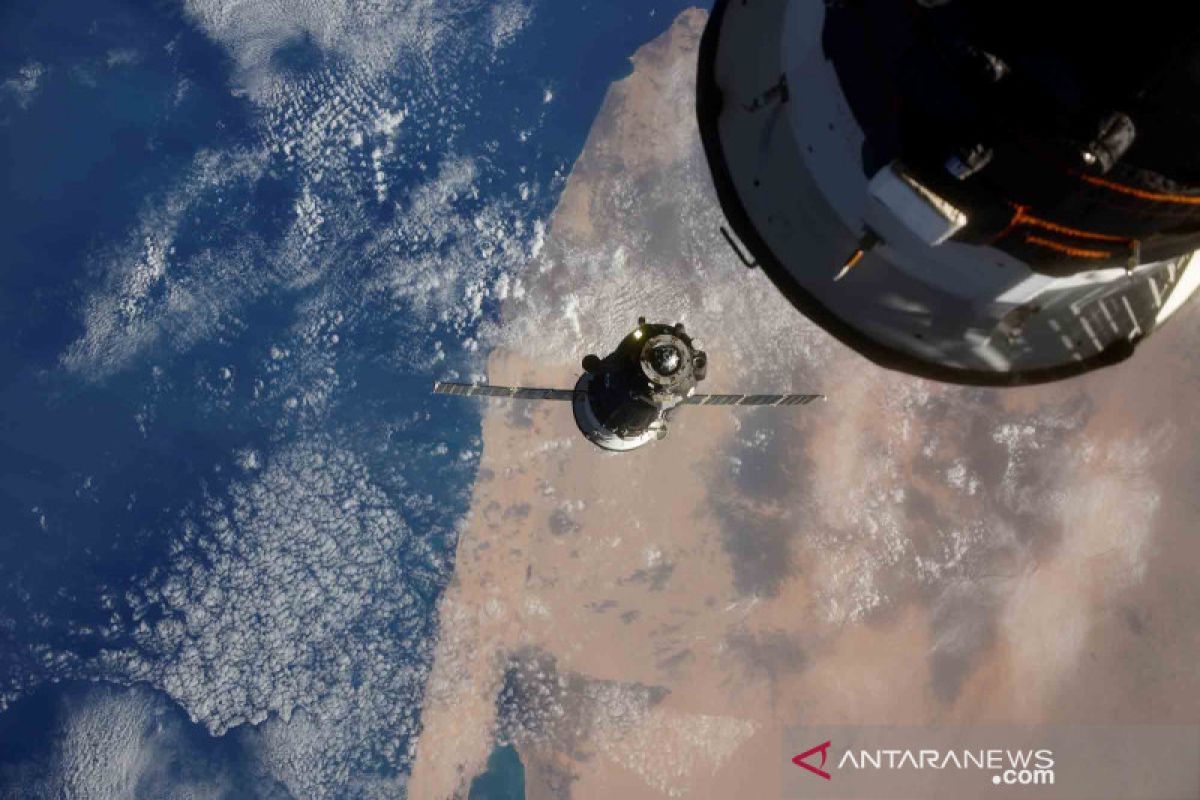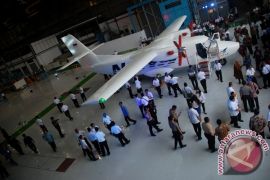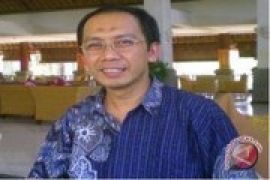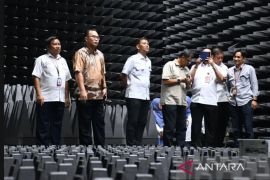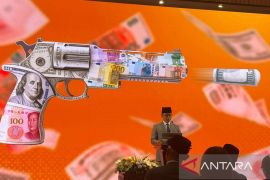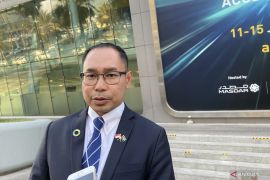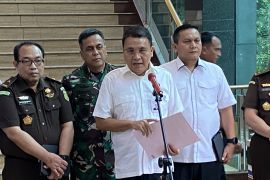"We are currently in the process of preparing three government regulations on mastery of space technology and commercial activities of space and space airports," Heru noted during a virtual seminar on Aeronautics and Space Technology for Advanced Indonesia, which is a series of activities for the Indonesia Expo 2020 Innovation in Jakarta on Friday.
Heru elaborated that the three draft government regulations were for the mastery of space technology, for commercial space activities, and for the development and operation of space airports.
"If all the legal bases are in place, no obstacles will be encountered for further investment to enter into this activity," he explained.
The draft government regulations for supporting proficiency in space technology will encompass a license to develop rocket technology, technology protection including supervision of imported sensitive technology, and the definition and list of sensitive technologies.
The regulations also comprise standards for the design, production, testing, and operation of spacecraft; certification of facilities and personnel handling space technology; as well as a rocket flight test permit.
The draft government regulation for commercial space activities is aimed at driving growth of the space industry and encouraging commercial investment in the space sector, both nationally and internationally. The regulation also covers the government’s contribution to the space industry, including through facilities and intellectual property.
Meanwhile, the draft government regulation for the development and operation of the space port is related to the responsibility for launching satellites in Indonesian territory and the rules for launching operations.
"Despite the private sector being behind the launch of the satellites, it is still the government's responsibility there," Heru stated.
Coordinator of the Rocket Technology Center Dissemination Sector at LAPAN Arif Nur Hakim stated that satellite launch from Indonesia's geographic location was deemed beneficial since an equatorial launch could carry more payloads.
"For instance, if we launch at the equator or in Russia, it will be different since at the equator, the satellite obtains additional energy from the earth's rotational movement, while at high latitudes, it does not," Hakim stated.
Hakim pointed out that the additional energy obtained from the earth’s rotation can be converted to the amount of payload that the rocket can carry.
"At the equator, in theory, the payload will be greater than the rockets launched in Russia," Hakim stated.
Related news: Development of satellite orbiting rocket to have economic impact:
Related news: LAPAN identifies buildings impacted by flash floods in South Sulawesi
Related news: More human resources needed to develop science, technology: Lapan
Translator: Martha H, Azis K
Editor: Sri Haryati
Copyright © ANTARA 2020
